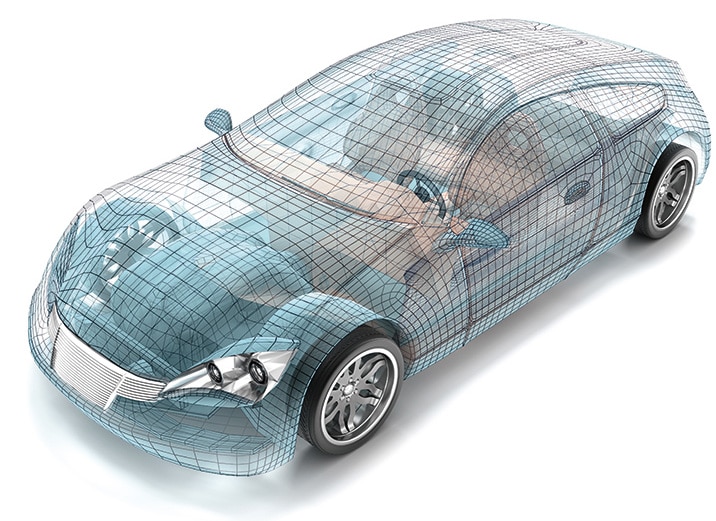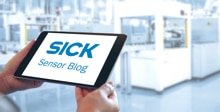The automotive industry set new records again in 2016. It is booming in all industrial nations despite the geopolitical uncertainties. But the pressure on the automotive industry to change is constantly on the increase. e-mobility, digitalization and calls for modular and cost-optimized production concepts are bringing movement to the sector. The Automotive Days started today at SICK in Waldkirch under the motto ‘Propelling progress – solutions for the automation of the future’. This is the ninth time that we have hosted this platform for knowledge and technology transfers.
A specialist forum during the Automotive Days will focus on e-mobility: More vehicles with electric motors, greater ‘intelligence’ in the vehicles themselves – developments in e-mobility are having massive effects on the industry. New production concepts and processes are required, not only at carmakers and automotive suppliers, but also in the areas of machine tools, handling and assembly technologies, or battery production. New components – such as powerful batteries, electric motors or the corresponding power electronics – are being used in the vehicles. Thus the number of components per car is increasing. These, naturally, must be precisely detected, inspected and identified. As sensor technology experts, we at SICK are making an important contribution towards this.

Sensor-controlled quality assurance in battery production
Battery producers must ensure, for example, that their products meet growing requirements regarding safety, performance and service lives. This necessitates maximum reliability and efficiency in the production process, and makes major demands of quality assurance. One example of decisive importance can be found in battery cell production – the correct stacking of electrode and separator sheets: A defective cell will be produced if several identical sheets are picked up simultaneously because they adhere to one another. A double-layer sensor reliably detects electrode sheets that adhere to one another and thus helps minimize rejects. 3D Vision sensors also contribute towards quality assurance in battery production: They check the presence of components within the battery module and undertake complex 3D inspections of welded seams or plug connectors.
Detection and identification in vehicle construction
The increasing number of variants in vehicle construction necessitates reliable detection of the most varied of materials in order to be able to guarantee flexible production processes: MultiTask light barriers that reliably distinguish highly reflective jet-black objects or difficult-to-detect materials such as carbon – and communicate the corresponding information – make an important contribution here.
The identification of individual components, however, must be assured throughout the entire production cycle. This is the only way to achieve complete traceability of products, components and batches. Fixed and mobile reading devices for bar codes, 2D codes and RFID technology enable the efficient detection of production data: Though a reliable data management system is not merely necessary in the case of potential product recalls, but also opens up new possibilities for process optimization. Whereby the uniformity of connection technology, user interfaces and accessory concepts is important because this is the only way to ensure that flexible alterations can be made in the various technologies.
Regardless of the level of automation at which upgrading or retrofitting is to take place, SICK sensors ensure investment security and future viability – both for refitting and for expansion of the production environment.
Impressions from the SICK Automotve Days 2017



